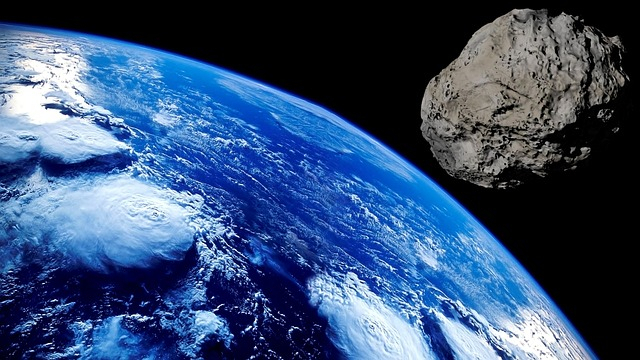
It was around 66 million years ago that a giant asteroid hit the earth and resulted in the extinction of dinosaurs from the planet. Since then, no such asteroids have entered earth's atmosphere. However, several experts such as popular physicist Neil deGrasse Tyson believes that earth will face its extinction due to an asteroid hit which will happen in the future, while some say exactly opposite.
But now, in a recent interview with Mashable India, Dr Lewis Darnell, professor of science communications at the University of Westminster, London revealed that no asteroid is capable of wiping out life from the earth completely. Darnell believes that giant planets can destroy a city, but the chances of devastation on a global scale are very unlikely.
"Well, no. No asteroid will destroy the entire world. The Earth is not going to be destroyed by an asteroid. Alright, so a different question might be, could all life on earth be driven to extinction by asteroids? Again the answer would be that no. There's no asteroid big enough that on collision with the Earth could do that. We've been trying very hard in recent years to discover and then track all of the sizable asteroids that are near to the Earth and in orbit, and that could, therefore, pose a risk in the future. But they're small asteroids," said Darnell.
However, Darnell admitted that asteroid Apophis is one asteroid that NASA has been continuously monitoring due to its slight chances of impact. Darnell made it clear that this rogue space body will make an impact only if the earth is very unlucky.
In the meantime, SpaceX founder Elon Musk had recently commented that no current weapon on earth is capable of deflecting a rogue asteroid that might be in a collision course. Interestingly, the comments from Elon Musk came at a crucial time when NASA is busy developing their planetary defence weapon to protect the earth from possible asteroid impacts that may happen in the future.









